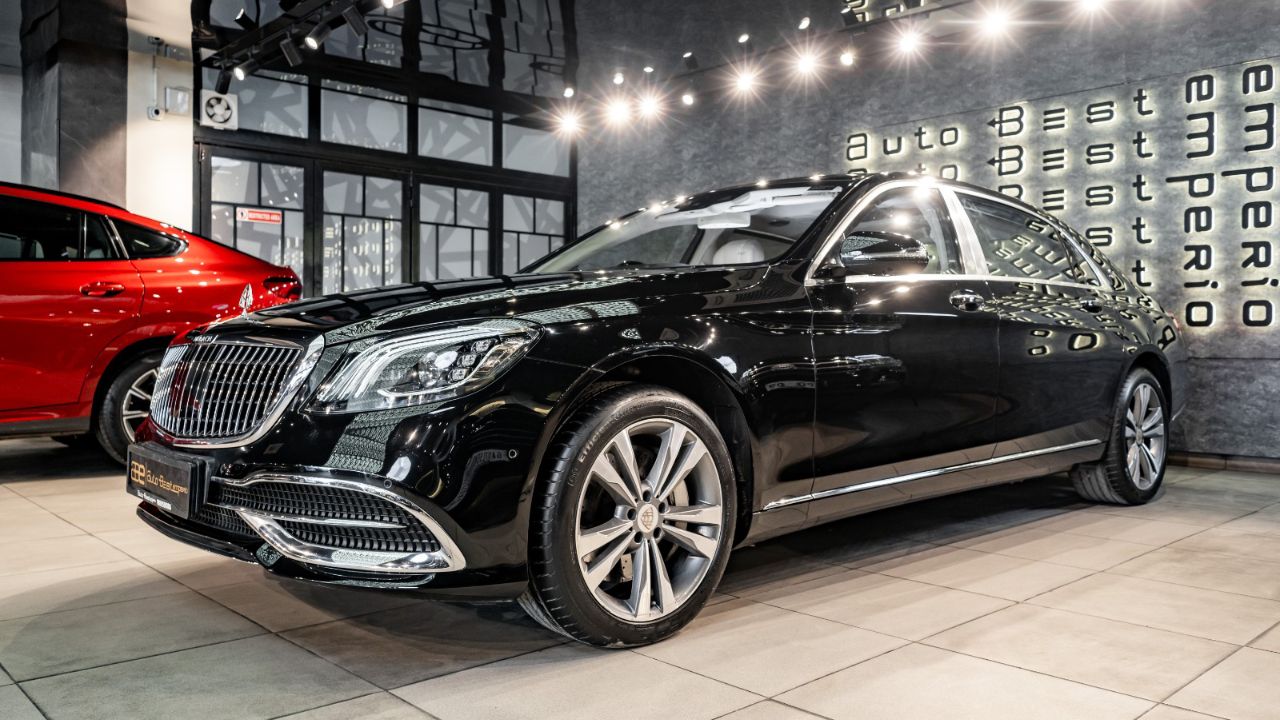 English
English

The European Union has complained to India about the high tax rate on their cars in India, which is hindering trade. On this, India is preparing a new duty reduction framework, which may be similar to the deal with the United Kingdom (UK).

Luxury cars could become more affordable
New Delhi: In the ongoing Free Trade Agreement (FTA) talks between India and the European Union (EU), there is now a possibility of reducing the heavy import duty on luxury cars. According to government sources, India is considering giving exemption in some custom duty on high-end cars coming from Europe, which can make luxury cars cheaper in the Indian market.
At present, the import duty on fully built passenger cars in India is heavy. Cars whose price is more than $ 40,000 are taxed at 110 percent, while cars up to $ 40,000 have to pay 70 percent tax. This tax rate is the main reason for the inflation of luxury cars.
Planning to buy a car? Know about new GST to get more benefits
The European Union has complained to India about the high tax rate on their cars in India, which is hindering trade. On this, India is preparing a new duty reduction framework, which may be similar to the deal with the United Kingdom (UK). However, the final decision will depend on further talks between the two sides.
The 13th round between India and the European Union started on September 8 and will continue for the whole week. The next talks will be held in Brussels in October. Both sides are trying to agree on a free trade agreement by December this year, which can further strengthen trade relations.
Germany, which is home to major automobile brands like BMW, Mercedes-Benz and Audi, is playing an active role on this issue. The German Foreign Minister recently visited India and discussed the matter with Prime Minister Narendra Modi, External Affairs Minister S. Jaishankar and Commerce Minister Piyush Goyal. This initiative of Germany can give a positive direction to India-EU talks.
India has promised to gradually reduce taxes on large cars in the FTA with the UK. For example, the import duty was reduced from 110 percent to 30 percent in the first year, and it will be 10 percent by the fifth year. This rule will apply to cars with petrol engines (above 3000cc) and diesel engines (above 2500cc). Up to 20,000 cars will be exempted in the initial year, which will increase to 37,000 by the fifth year.
The share of luxury cars in the total passenger vehicle market in India is still less than 2 percent. German companies dominate this segment. In FY 2025, Mercedes-Benz sold around 18,928 units and BMW sold 15,266 units, which shows the growing demand in this market.
If India reduces taxes on luxury cars imported from Europe, it will be beneficial for consumers and may also increase the sales of luxury cars in India. In such a situation, access to luxury cars in the Indian market may become even easier in the coming times.